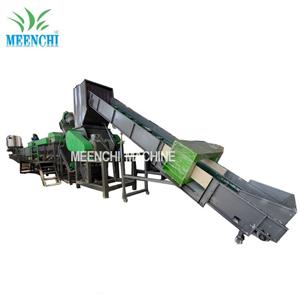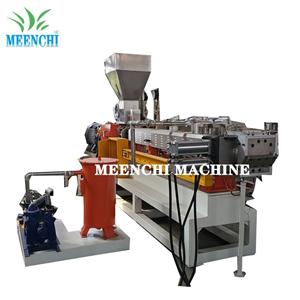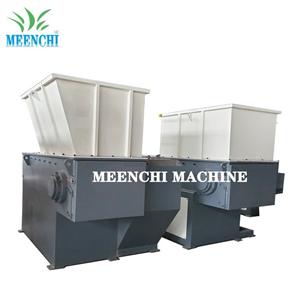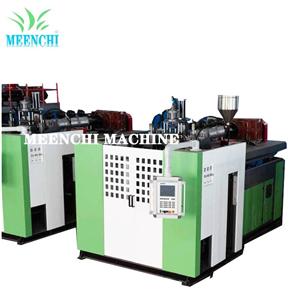How to start a plastics recycling business?
Plastic Recycling Business
Before entering the plastics recycling industry, it is vital to understand the core components of a plastics recycling business. The primary goal of such businesses is to collect, sort, and dispose of used plastic materials so that they can be reprocessed into new products. Plastic recycling businesses range from small businesses that serve the local community to large businesses that handle large quantities of industrial plastic waste.
Here's a brief overview:
Market research is needed first: Find out the demand for recycled plastic products in your area or region. Research your peers' pricing and available resources. Determine which types of plastic waste (PET, PVC, HDPE, etc.) are the most common and in highest demand for recycling.
The next step is for us to develop a business plan: Develop your goals, target markets, and financial projections. A solid business plan can also help us get start-up capital from investors or lenders if needed.
Then there are licenses and regulations: be sure to check local regulations on waste disposal, recycling and environmental protection. Many countries have laws governing recycling facilities, so make sure your business complies with these.
Then there's collection and sorting: Set up a system for collecting and sorting plastic waste. This may involve working with waste management companies, local municipalities, or directly with businesses that generate large amounts of plastic waste.
Finally, there is transportation: determine how collected plastics will be transported to treatment facilities. Consider the costs of setting up a logistics system for waste collection and transportation.
Plastics recycling equipment
Having the right equipment is one of the key factors in running a successful plastics recycling business. The equipment you choose will depend on the size of your operation and the types of plastics you intend to process. Below is a brief description of the necessary equipment for a plastics recycling business:
Shredders: Shredders are used to break up plastics into smaller pieces that are easier to handle and process, and MEENCHI's industrial shredders, such as polyethylene plastic drip tubing shredders and polyvinyl chloride pipe shredders, are valuable assets for efficiently processing all types of plastics.
Pelletizers: After plastics are shredded, they need to be further crushed into small, uniform particles for melting and remaking into new products. Pelletizers are critical to this process.
Extruders: Extruders are used to melt pelletized plastics and form them into new shapes. This equipment is critical for companies looking to make new products from recycled plastics.
Washers and Dryers: Clean plastics are critical to the recycling process. Washing equipment is used to remove contaminants from the plastic material, while dryers ensure that the material is dry and ready for further processing.
Pelletizers: After the plastic is extruded, pelletizers make the material into small pellets that can be used to make new products.
Investing in high-quality recycling equipment is critical to maximizing the efficiency of your business. Be sure to choose reliable and durable equipment, such as MEENCHI's line of plastic pipe crushers, shredders and other recycling equipment.
Summary
Starting a plastics recycling business requires careful planning, a good understanding of the market, and the right equipment to process materials efficiently. By investing in high-quality recycling equipment and establishing reliable collection and sorting systems, you can create a successful, sustainable business. Whether you're interested in recycling plastic bottles, bags or industrial-grade plastics, the opportunities in this industry are huge and growing. As plastic waste continues to be a global problem, the demand for recycled plastic products will only increase, making this a promising industry for entrepreneurs.




